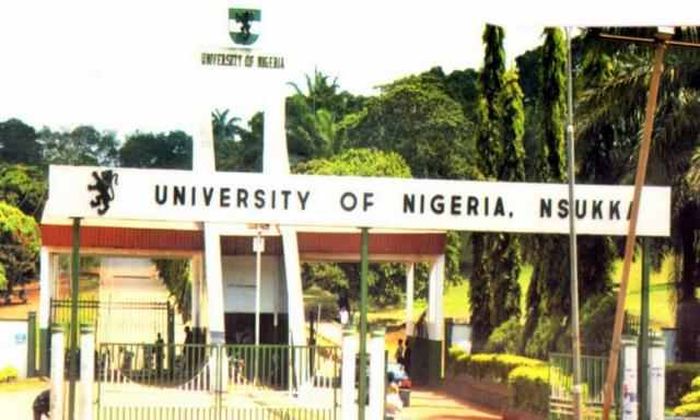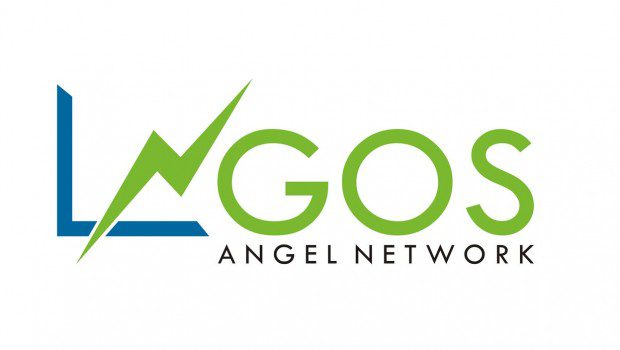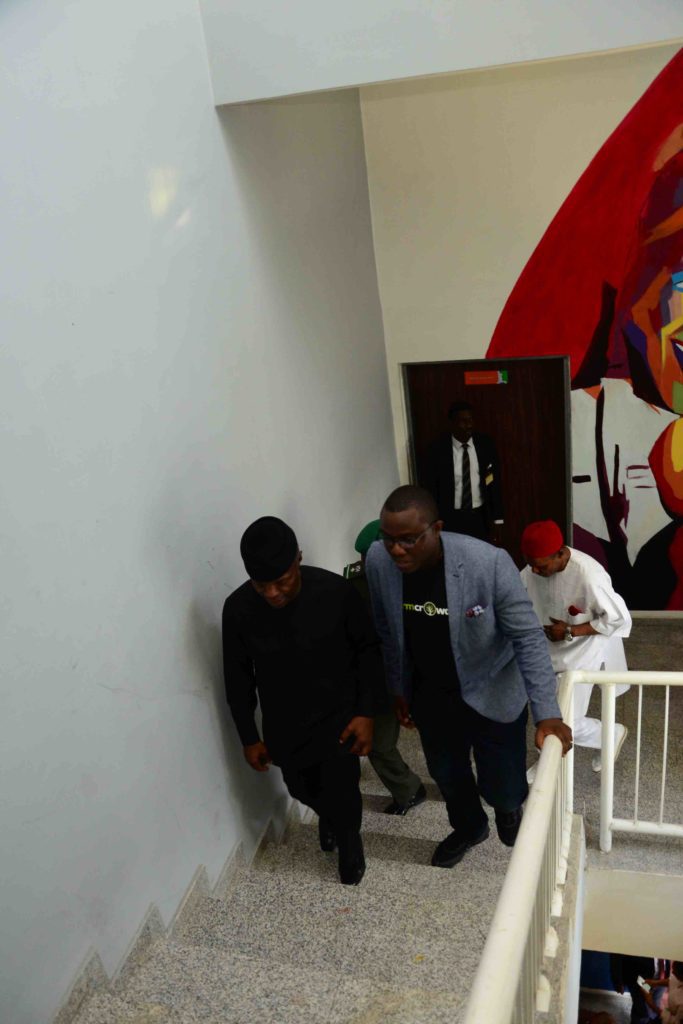Global search engine giant, Google has released a very intriguing report about the Nigerian tech ecosystem. Titled “Tech Entrepreneurship Ecosystem in Nigeria”, the report is one of six reports commissioned by Google on tech ecosystems in emerging markets.
Conducted by management consulting firm OC&C, Google focused on Nigeria, Russia, South Africa, Turkey, United Arab Emirates (UAE) and the Kingdom of Saudi Arabia (KSA).
Google reports make recommendations for South African, Nigerian startup scenes https://t.co/Vo7UR3luGO
— Disrupt Africa (@DisruptAfrica) June 16, 2018
Now the report took a holistic view on the developments in the Nigerian tech ecosystem. Unlike other reports about Nigerian tech, the Google report leaned heavily on primary data. It took cues from insider information and analyzed just how much Nigerian government policy has made a dent in the country’s tech development.
The report focused on seven issues in the Nigerian tech ecosystem. These include financial capital; skilled talent; entrepreneurial networks; domestic culture; business procedure; ICT infrastructure; and market potentials.
What Does the Google Report Say?
One recurring theme throughout the report was the potentials yet to be tapped in the Nigerian society.
Nigeria’s tech entrepreneurship is in its early stages but has great future potential. Startup density hints at great potential for new startups and their longevity indicates that, once founded, tech startups are likely to persevere in Nigeria.
https://twitter.com/KeetvZ/status/1008667616267984896
However, the report also pointed out that due to a lot of factors inherent in the Nigerian society, startup innovation is, well, not quite good. Nigeria doesn’t perform well in innovation-related performance indicators. Relative to other countries, tech startup prevalence is low in Nigeria. And despite the number of startups in the country, only 3 have made exits over $100m (Jumia, Konga, and Andela).
Infrastructure is Still a Problem
Also, the report captured that Nigeria has too many infrastructural deficiencies that affect startups. An obvious challenge is electricity, but educational dearth is another.
Aside from the fact that Nigerian universities are underequipped, Google notes that “current degree program curricula are not designed around, nor do they encompass, the up-to-date content needed to prepare students to cope with market needs”. Both are issues long talked about in the Nigerian educational circles, but not much has been done about it.


Despite the high number of graduates in technical disciplines, “the few qualified developers and engineers in the ecosystem are either foreign educated or self-taught.”
A scarcity of reasonable partnerships between universities and private firms was also a talking point. “Universities are not producing enough research and are also falling short in technical capabilities and building ties with industry to commercialize available research.”
These structural problems handicap quite a lot of start-ups. For one thing, it becomes very difficult to attract and keep top talents within the country. As a result, it is not surprising that quite a lot of startups have been founded by foreign trained Nigerians. Examples include Flutterwave, MDaaS, and PayStack.
Nigerian Startup Lack Good Financing
Nigerian startups need funding to grow, but domestic financing is hard to come by. Angel investing in the country comes with very few incentives that chase investors away. Investors expect tax reliefs and other relaxed legislation when they venture into Angel investing. But the Nigerian business environment treats it as any other form of investment.


Yet, startups are quite aware of international grants and are actively pursuing them. Just this year several of such international funding events have been held, with many Nigerian startups participating.
Government Policy is Very Important
A recurring theme in the report is the role of the government. Although startups disruptions appear to be due to the neglect of government initiatives, they require government support to grow.
For instance, Nigeria lacks the legal framework to support startups in B2Bs and even Business to government industries. The report noted that “existing public procurement regulations in Nigeria are not written in a way that can easily be interpreted as startup-friendly.”


Companies looking to become government suppliers need tight documentation that invariably excludes startups. These include three-year financial audits, tax certificates, and a minimum number of years of experience in the field.
These are key issues identified by the report.
A Vibrant Tech Ecosystem
Although Google emphasized the potentials of the Nigerian market, it also noted that the country already had ingredients of a vibrant tech ecosystem, such as tech hubs and media coverage.
However, for now, a lot of work needs to be done by the government to help the country develop its technology potentials.






